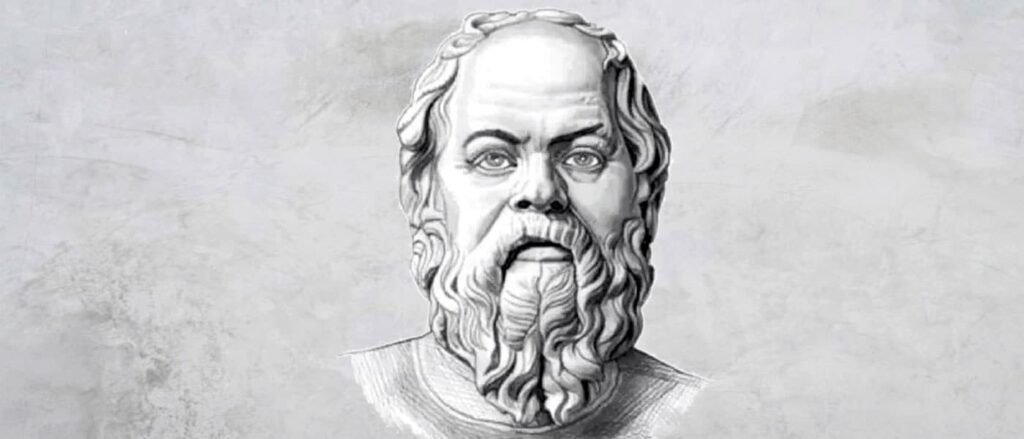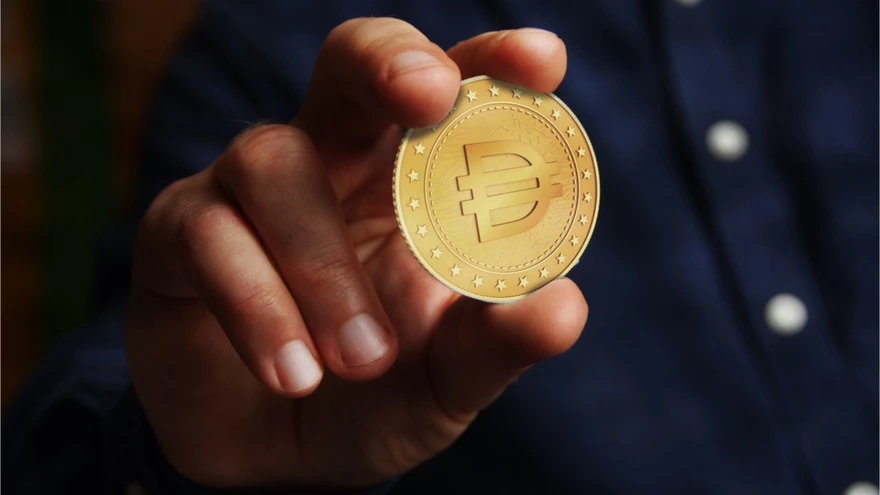
Many times, when we talk about medicine, we cannot avoid thinking and associating said word with diseases, general malaise, surgical interventions, medications, etc.; however, from DATIUM, we believe that it is a valuable instrument to protect our health, being our project a tool that manages the information provided by patients and medical specialists, to improve our lifestyle and prevent diseases.
What is Medicine today?
The Royal Spanish Academy (RAE) defines it as the “Set of knowledge and techniques applied to the prediction, prevention, diagnosis and treatment of human diseases and, where appropriate, to the rehabilitation of the sequelae that they may produce.”
History of Medicine in a nutshell
When talking about medicine, we have to go back to more than 4000 years B.C., since the first civilizations (among them the Mesopotamian and the Egyptian), based the medical practice on two pillars, on the one hand, the “natural” medicine founded on the use of herbs or natural remedies, and another in “magical-religious” medicine, which used the “Gods” to explain the inexplicable.
One of the main testimonies we have of our “medical history” is found in Mesopotamia, more specifically in the “Code of Hammurabi”, which is a compilation of laws and administrative regulations, which, among others, determine the responsibilities of doctors. in the exercise of his profession (including malpractice); list of healing plants, as well as minerals and substances of animal origin; as well as the belief that the disease was a divine punishment, imposed by the demons, so that any God could cause or heal the disease through his direct intervention (or, abandon him to his fate), as well as with the mediation of sorcerers or shamans (in charge of performing exorcisms, prayers and ritual offerings).
Who was Hippocrates and his importance in Medicine

Today, we usually refer to Hippocrates as the father of Medicine and Ethics; since he was able to dissociate himself from the “doctor-priest” stigma that prevailed at the time, developing a system based on the observation and study of the patient, in which his senses and his reason prevailed as the only diagnostic instruments.
His thesis was that the diseases were the consequence of eating habits, alcohol abuse, age, gender or work of the patient (among others), so after conducting a study of the symptoms, plus the lifestyle of it, he tried to find a cause-effect of the disease that afflicted the person, starting (for the first time) what we know today as scientific medicine.
Hippocrates had a strong belief in medicine, and he was not so concerned about the rights of doctors, rather, his concern was about their duties, so this idea led him to develop an oath of medical ethics, which Today we know it as the “Hippocratic Oath” or “Hippocratic Oath”. This oath is a commitment that doctors take when they begin to practice medicine.
Datium and modern medicine
Currently, great advances have been made in modern medicine, in some cases eradicating some diseases, as well as treating others that until recently were thought to be incurable. These achievements have been possible thanks to the study and diagnosis resources that we have; as well as the awareness of people, who bet (every day more) for a healthier and healthier lifestyle.
At DATIUM, we are committed to preventive medicine, so your collaboration will favor the study, diagnosis and treatment of diseases, which will help improve our quality of life.
It is worth noting our star service, MDCx, a cryptocurrency that will grant users of the platform multiple benefits. To receive your first MDCx it will be necessary to register on the Datium platform and fill out different surveys. We invite you to continue browsing our platform and learn more about our project.
The history of medicine advances at steps impossible to reach with the naked eye. It is, thanks to technology, how we manage to keep ourselves, day by day, updated on all the discoveries and advances that human society is discovering thanks to its scientists and specialized doctors. Datium, with its automated information system, has brought the citizen one step closer to the most advanced medical systems, rewarding both the user and the doctor for sharing the information.







